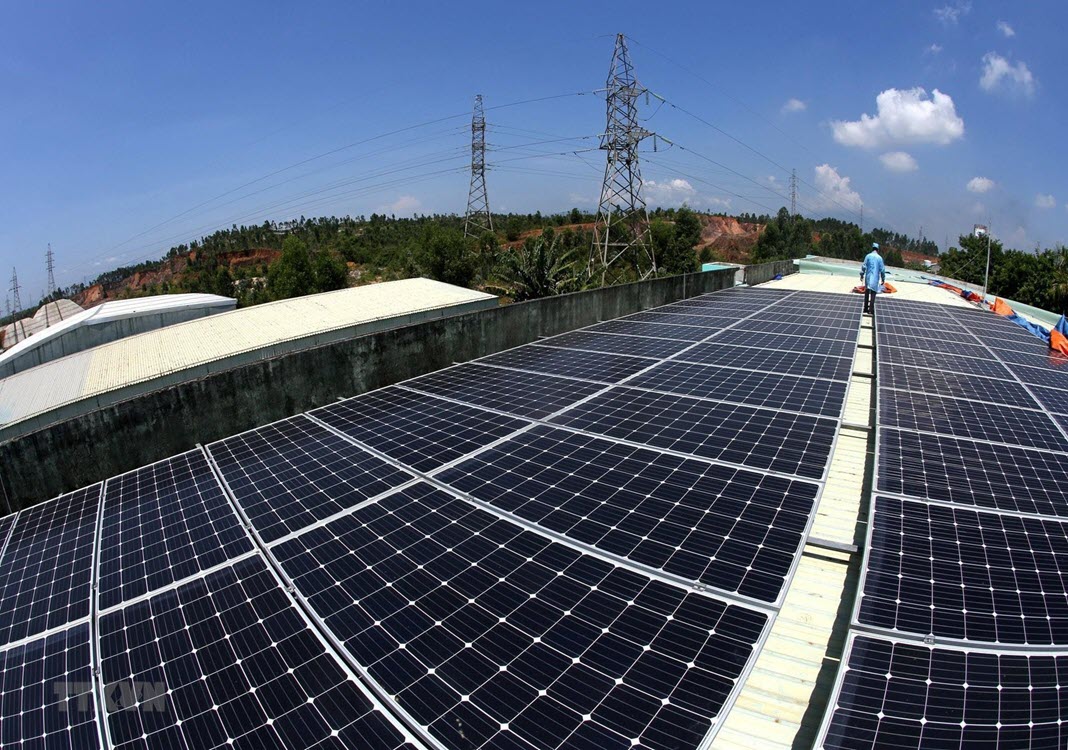HANOI – The Government will need to adjust many policies to effectively attract investments in the energy sector, as the country will face increasingly severe power shortages in the years ahead, Deputy Prime Minister Trinh Dinh Dung stated while addressing the Vietnam Energy Summit 2020 hosted by the Central Economic Commission on July 22.
Deputy PM Dung said the power crunch facing Vietnam will worsen if an additional 50 MW of electricity from various sources is not available in the next five years.
Accordingly, the country will need US$7 billion-US$10 billion each year to invest in power generation projects, excluding funding for developing power transmission facilities, he added.
In the coming period, the Government will make amendments to some laws, including the Law on Electricity, the Law on Oil and Gas and the Law on Economical and Efficient Use of Energy. It will also set up special regimes for investing and developing energy projects, introduce financial policies and call for investments in power transmission.
The local power trading market has been competitive since early last year, and the country adjusted retail prices of electricity in line with the market mechanisms and under State control.
As for the coal sector, only coal supply for power generation has yet to follow the market mechanism. In the gas sector, activities to exploit and import natural gas remained competitive.
However, due to surging demand for power and inadequate investments in power projects, Vietnam as a previous energy exporter has now become an importer of energy sources, according to Minister of Industry and Trade Tran Tuan Anh.
To deal with the power undersupply, the Government will allow intensified cooperation activities to be implemented to import energy in the long run and invest in power projects overseas.
For the short term, the Government will facilitate power exchange programs with neighboring countries such as Laos, Cambodia, and China. Further, local firms have been encouraged to make effective investments in overseas power projects.
By Lan Nhi











